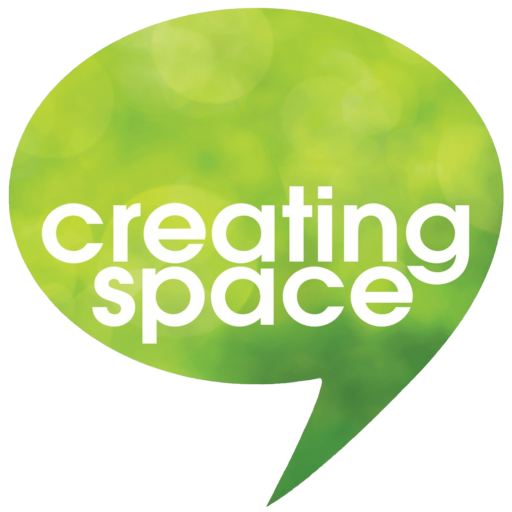
Clutter can come in many forms, and when we’re feeling overwhelmed and don’t know where to start, it can be difficult to see the bigger picture. I created a framework to look at it through the lens of 3 pillars: physical, mental and emotional clutter.
All these different types of clutter can cause stress. When our house is messy, that can be a source of stress for a number of reasons:
- a permanent visual reminder of work to be done that we either don’t know how to get started with, or don’t have the time for,
- a sense of failure for having let it get that way,
- a constant source of very familiar arguments with others,
- etc…
When we hold too much clutter in our minds, this can also lead to stress. We feel overwhelmed by the constant activity of our brain, we are unable to slow down the thoughts and switch off, we sleep badly and are overall not as effective as we would like to be.
On the emotional side, stress can also be the result of a variety of negative feelings (anxiety, guilt, sense of not being good enough, etc…) and can combine with these to create a state of dejection.
Now, stress has many physiological implications. According to the UK National Health Service (NHS) website, symptoms of stress can include the following:

- physical symptoms:
- headache or dizziness
- muscle tension or pain
- stomach problems
- chest pain or a faster heartbeat
- sexual problems
- mental symptoms:
- difficulty concentrating
- struggling to make decisions
- feeling overwhelmed
- constantly worrying
- being forgetful
- changes in behaviours:
- being irritable and snappy
- sleeping too much or too little
- eating too much and too little
- avoiding certain places or people
- drinking or smoking more
We are probably all quite familiar with the feeling of being stressed. And we quite often attribute it to some obvious sources (work, people, diaries, daily lives etc…), sometimes overlooking or not noticing the other things that might contribute to those stress levels. Like the physical clutter that is around us, or the mental clutter that we are carrying.
Of course, some stress can be good, when it is for limited time periods and it gives us an adrenaline boost to get something done. But when we live with sustained stress levels over long periods of time, this can be damaging. And we are increasingly living in a state of permanent stress. Reviewing the list of symptoms above, the consequences can affect our effectiveness, our relationships, our health, and our overall well-being.
Noticing the clutter that is in our way and removing what is unnecessary can help reduce our stress levels, and the effects might very well surprise us.
For help in getting started, take a look at my free short courses here!
